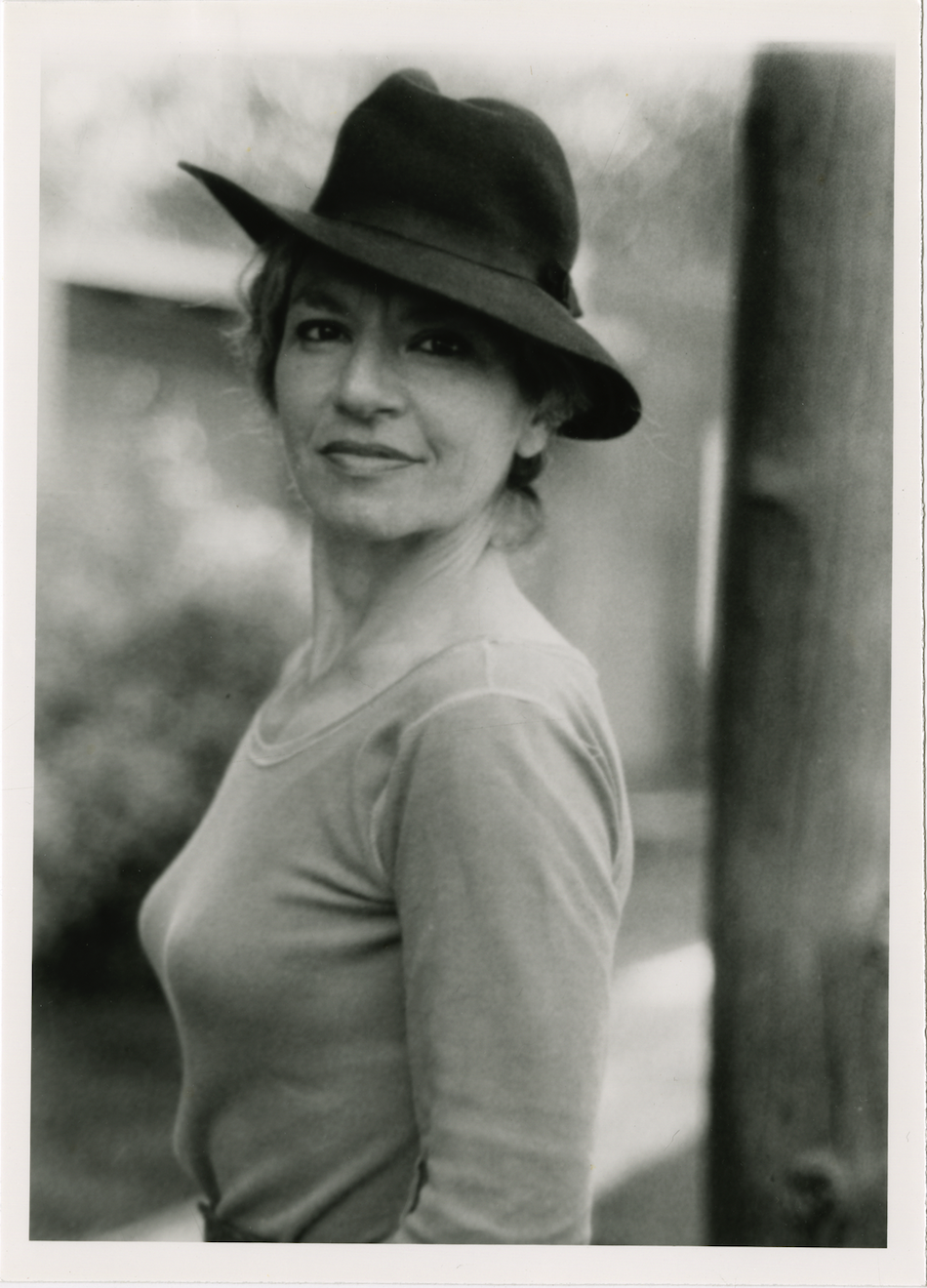
Sarah Chihaya

FILMMAKER ANNA BILLER begins her debut novel, Bluebeard’s Castle, with a warning: “Some husbands,” she writes, “are pussycats, some are dullards or harmless rogues, and some are Bluebeards.” Folklore and literary history are full of Bluebeards: Charles Perrault’s original fairy tale, two Brothers Grimm versions, Jane Eyre’s Mr. Rochester, modern retellings by writers, composers, and directors ranging from Georges Méliès and Béla Bartók to Helen Oyeyemi and Catherine Breillat. The elements of the story remain essentially the same: a young woman marries a mysterious, wealthy widower. Despite warnings (sometimes from her husband, sometimes from outsiders), she explores the recesses of his 
It’s tempting to imagine Bette Howland as a figure of midcentury literary mythology. Who can resist the intrigue of her early crisis and success, quiet disappearance, and belated rediscovery? She is, as Honor Moore remarks drily in the afterword to Howland’s posthumous story collection, Calm Sea and Prosperous Voyage, “a member of a cohort who have benefited from the forty-year gap between the end of a woman’s youth and beauty when, at say forty, one’s reputation goes dark, until eighty or so, when one becomes a discovery.” The pitch for a prestige television biopic practically writes itself. I imagine it